- Pronouns
- She/Her They/Them
- TNP Nation
- vivanco
- Discord
- ra#9794
Vivanco is a shell of its former self, and it’s in a great civil war of several sides.
The Marquisate of Vivanco is in a time of great turmoil, great political disapproval from the people, and not only from the government, but for the ruling people.
The powder keg exploded on the 6th of November 1902, with the assasination of Great Duke Lorenzzo II in the capital, Petria, by a reactionary from the reforms done by the government.
This incident provoked a domino effect in the whole country, breaking it in a struggle for power and chaos only seen before in the country in the called War of the Counts in the old Kingdom of Rethan.

The Marquisate of Vivanco is in a time of great turmoil, great political disapproval from the people, and not only from the government, but for the ruling people.
The powder keg exploded on the 6th of November 1902, with the assasination of Great Duke Lorenzzo II in the capital, Petria, by a reactionary from the reforms done by the government.
This incident provoked a domino effect in the whole country, breaking it in a struggle for power and chaos only seen before in the country in the called War of the Counts in the old Kingdom of Rethan.

- Junta Militar Unitaria de Vivanco
- The militars of the country, enraged by the direction the country had started to take, with an increasing demilitarization and lack of attention from the Great Duke, who was too busy attending to “petty politics” to please the populace, flocked under the so-called “Proclamation of Tomás Rovera”, a coup d’etat by General Tomás Rovera to take control of the country. Only the strong and dedicated hand of an iron surgeon can fix the country, an iron grip to lead Vivanco back to the greatness it deserves
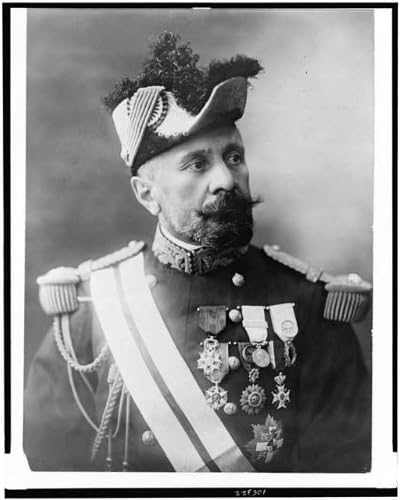
- Hermandad de la Madre
- The government and the people of Vivanco had turned their head to the true faith, to the Lady, and now the government was doing nothing against the attacks the church was being subject to. In this moment of siege of faith, cardinals and faithful alike proclaimed that they will show no quarter against the enemies of the faith that have done nothing but attack them under the leadership of Cardenal Luis López de Tordesillejo
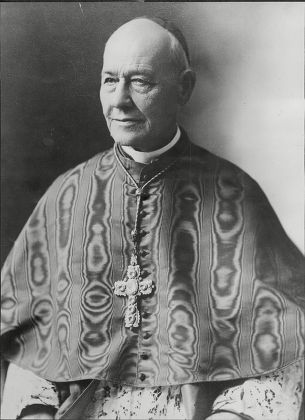
- Junta del Común de Vilpetta
- The government and its institutions were rotted to the core, diseased in the fruits of capitalism by the blood and sweat of the workers. The so-called socialist politicians have disregarded their own oaths and ideals for the comfort of their newfound chairs in power, giving the people only the crumbs and telling them not to complain of the gains, since it could have been nothing. In the province of Vilpetta, enough was enough, and declared the end of the state on itself, where only the people can save the people, and the only thing that they have to lose is their chains.

- Legítimo Reino de Rethan
- Long was the time when the unity of the country was unchallenged, where a crown, chosen by the Lady themselves ruled over the lands of the so-called Grand Duchy. These lands are not worthy of a marquiss, but something greater, a king. A divine rule and absolute power, where the land is of its rightful owner, just and fair, but feared equally, for that is the way a king should be. That is the way Aleijandro María, Duke of Tornales demands it should be done. And people who agree flock under his banner to reclaim these lands back to the rightful Kingdom of Rethan.
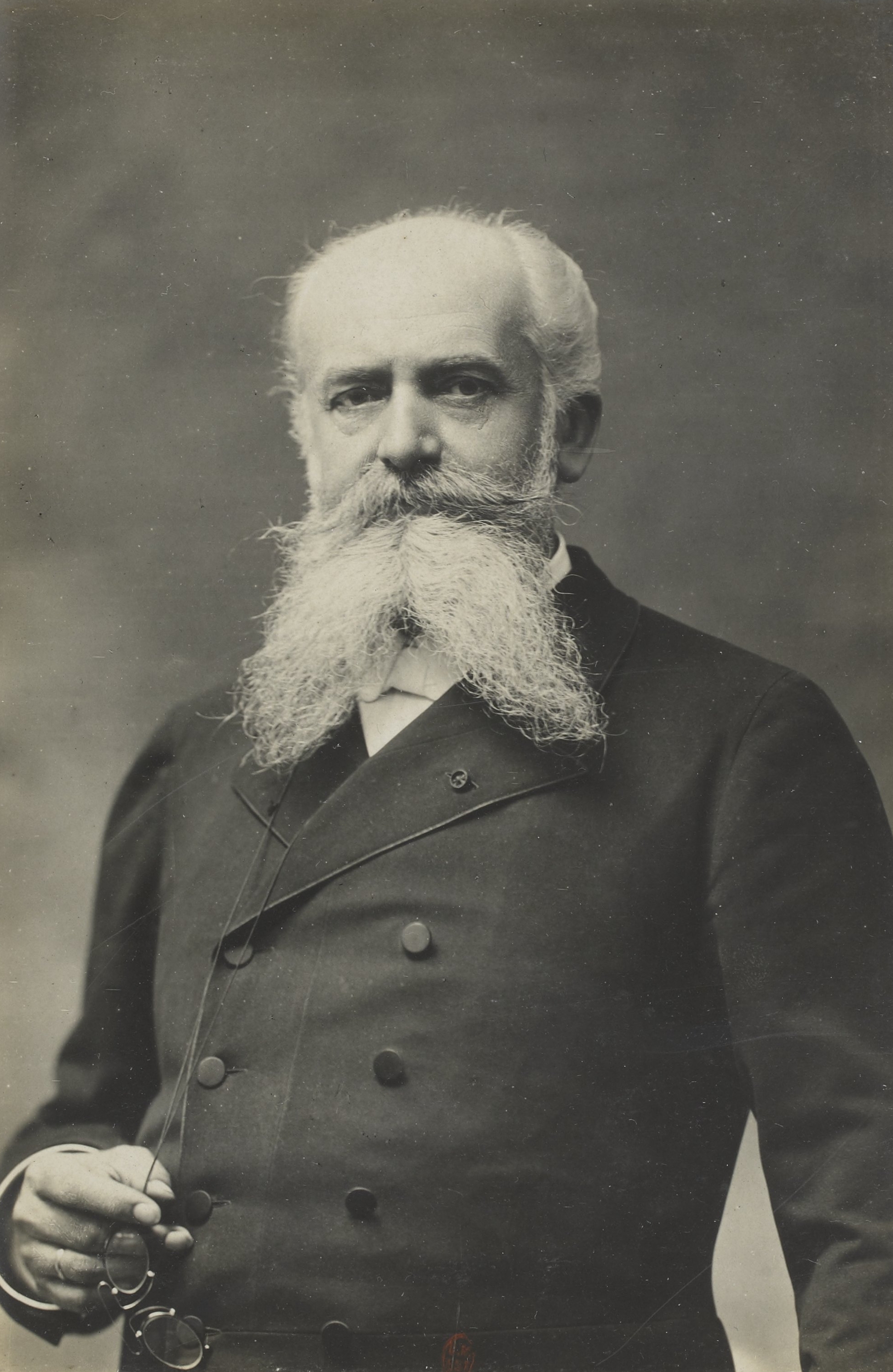
- Gobierno Central Vivanquiano
- Justice is blind, and it must be in order to keep things fair. The government is in position because the people of Vivanco chose them to be there, under the protection of his late majesty, may he rest in peace. The Heir, Jacobo, is only 5 years of age, and is unable to rule without the assistence, so his mother, Cristina Isabel, acts in the name of the Grand Duchy, declaring the state of emergency and claiming the government, in a state of siege from rebels, and allowing them to mobilize the population and what remains loyal of the army for the good and well being of the nation. The Prime Minister, Mariano Fuentecillas, head of the Socialist Party claims that there is only one path to resolve conflicts and it’s dialogue.
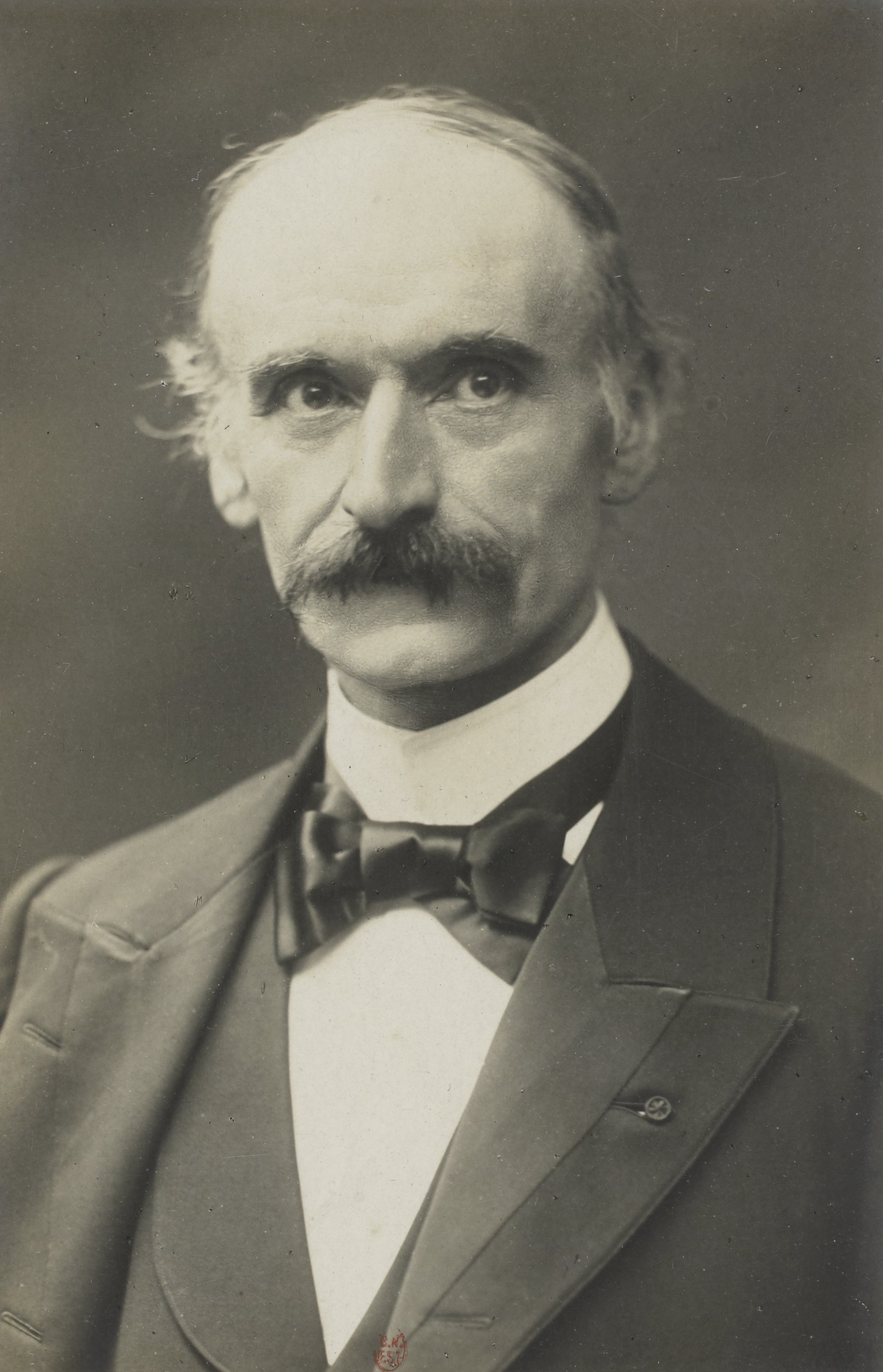
- Unión Nacional Vivanquiana
- The Consevative Parties of Vivanco have been waiting for this moment, for the cracks in the system to show and point to the failure of the government. If it wasn’t for their unbelievable reforms and kicks to the nest of other people, nothing of this would have broken up. For that, they have claimed the government as is at the current state is not legitimate, for they have constantly acted against the will and well-being of the people, with the head of this coalition the writer Martín Dos-Valles.

- República de Kaxtonta
- Inherited in Vivanco in the early XIII century, the people in Kaxtonta have never seen themselves as part of the nation of Vivanco, with their own language, traditions and culture, and amidst the chaos and instability, they have seized the opportunity to break free from the chains that Vivanco was for them. They have the right to choose, to be themselves. They are a nation in itself, and they are ready to show it and prove themselves. Proud Kaxtonta will not wither, and will prevail, if not in the earth, in the minds and lives of its people, following the lead of Milon Arretza.

- República de Vivanco
- The “royal family” is nothing but a heavy weight to carry, nothing but a figurehead that the vivanquians are made to hold high while there’s people who can barely afford bread, or can’t read. The money that’s stolen from the royals can be used for many other things to improve the country, and it is time to remove the useless crown. After all, it was because of them that this whole state collapsed. And so, the Republic of Vivanco has been proclaimed by the writer and politician María Almudena Castra.
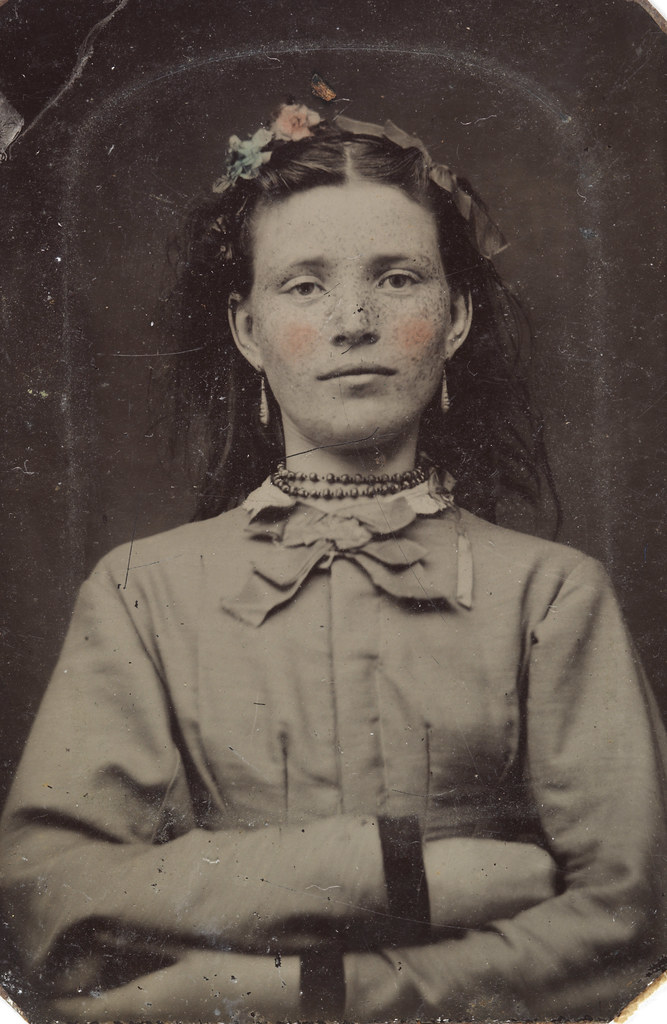
- República Social de Vivanco
- The structure of a state is not something that helps the worker in its origins, but if the workers seize its power, the state will provide for what the worker needs. It is a needed state in order to achieve the betterment of society at large, unlike what the idealists of Vilpetta believe. The hand of a state is long and strong, and in the hands of the people, true liberation can be achieved, as comrade Federic Ponz shows us.
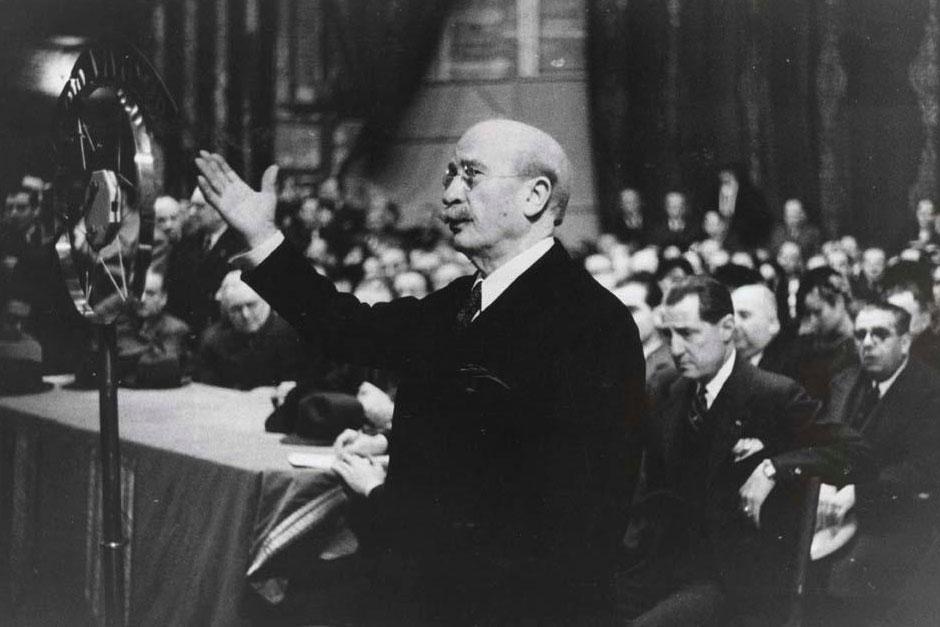
- Farlonia
- The strongest thrive while the weak perish. There’s always a bigger fish, and Farlonia is the biggest economic zone of Vivanco, home for most of the exports to the rest of Eras, they no longer see themselves bound to Vivanco, and declared themselves a brand new state, for they will be able to reach to higher powers without the burden of sharing the wealth with the rest of the country, that leached from them.
- Ardozvan
- From the very Age of Counts, this ancient country proclaims its old borders as a brand new nation from the mere lack of attention and resources brought by Vivanco. Always put to the side, as if they don’t exist. If that’s what the government thinks, then they should not be part of Vivanco any longer! They will not allow the people to look over their shoulder!
- Condado de Randoa
- In a key spot between three factions in the war, this country shares the reasons for declaration of independence than Ardozvan, but it is not even a province like the latter, but a minor region in Kaxtonta, with the majority of people being Vivanquian speakers.
Last edited:

